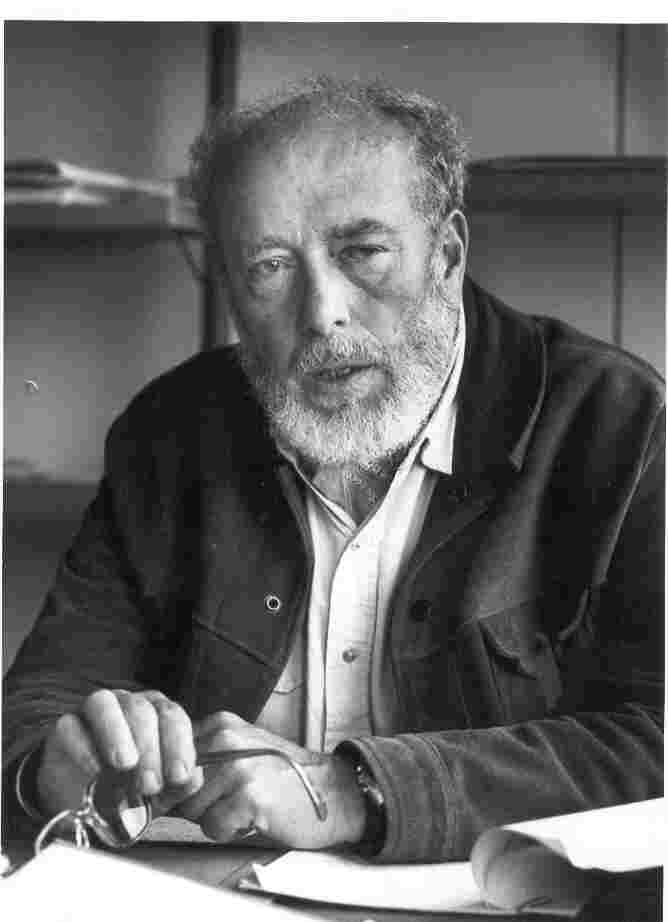Phenomenology and Pedagogic Hermeneutics
A passage from ' Phenomenology and Sociology" by Thomas Luckmann (Ed) (Pp 8&9)
" Phenomenology describes the constitution of our experiences by recourse to the most direct evidence available. Its criteria of verification differ, however, from those used to good purpose in social sciences. In contrast to the epistemologically naive observations and 'measurements' of more or less public events that we practice in the social sciences when we look for 'data', the 'data' of phenomenology are of a more elementary nature. We find them by inspection of our experiences. By using the methods of phenomenological 'reduction' we proceed step by step from historically, biographically, socially and culturally concrete features of everyday experience to its elementary structures. This is a procedure that differs from the 'inductive' generalizations of empirical sciences. Evidently, the result of inspection and 'reduction' can be communicated in a further step to fellow-men. By recourse to evidence of the same kind on their part, they can be inter subjectively verified. "
This notion "intersubjective verification", communicating and seeking confirmation(?) from fellow-men about the phenomenologically reduced elements of MY experience, creates problems for phenomenology as a science. For the notion of Others, fellow-men just as true and SAME in some ways as myself, exceeds phenomenological reduction unless we invoke the notion of PARALLELISM which in turn presupposes the being-there of others just the same as myself. Also how does the notion of "EVIDENCE" that Husserl mentions in his writings on Phenomenology has applications or meaning in the context of the meaning of verification here?
I see the problem in this way. The self, exercising phenomenological reduction or what Husserl called 'eidetic reduction', does not require evidence for itself for in the perception of elementary structures of its consciousness, the 'elementariness' of them is enough for self to be certain. The evidences are required NOT FOR SELF but in the context of communicating to OTHERS who may disagree with them. Here again we come across the being-there of others just like myself as a PRESUPPOSITION of phenomenology. The notion of eidetic reduction and seeking inter subjective verification, the THEY also perceiving elementary structures in THEIR own experiences remains a PRESUPPOSITION that remains irreducible. The Other can protest, combat, disagree , ridicule , comes to blow with me etc. . I CANNOT reduce away such behaviours phenomenologically to elementary structures of my OWN experiences without denying the OTHERNESS of others. If I try to do that, then I become an idealist like the Indian Vedanties, where everything become kaRpitham, my mental construct without any substantial reality or simply REFLECTIONS of one Brahman through different contextualising factors that they call upathies.
I see the problem in this way. The self, exercising phenomenological reduction or what Husserl called 'eidetic reduction', does not require evidence for itself for in the perception of elementary structures of its consciousness, the 'elementariness' of them is enough for self to be certain. The evidences are required NOT FOR SELF but in the context of communicating to OTHERS who may disagree with them. Here again we come across the being-there of others just like myself as a PRESUPPOSITION of phenomenology. The notion of eidetic reduction and seeking inter subjective verification, the THEY also perceiving elementary structures in THEIR own experiences remains a PRESUPPOSITION that remains irreducible. The Other can protest, combat, disagree , ridicule , comes to blow with me etc. . I CANNOT reduce away such behaviours phenomenologically to elementary structures of my OWN experiences without denying the OTHERNESS of others. If I try to do that, then I become an idealist like the Indian Vedanties, where everything become kaRpitham, my mental construct without any substantial reality or simply REFLECTIONS of one Brahman through different contextualising factors that they call upathies.
In Pedagogic Hermeneutics( or Hermeneutic Science, in the way I have articulated) we overcome this problem by accepting as a TRUTH the plurality of individuals jointly concerned with UNDERSTANDING the world, existence etc. and who MAY GO WRONG in their seeking. This possibility of being wrong, making mistakes etc. is AVOIDED by seeking continuously AGREEMENT with others.
The act of communicating is actually an act of INSTRUCTING. I learn through my hermeneutic interpretative movements, and UNDERSTANDING that I have gained becomes that which I communicate to an OTHER who MAY NOT agree. But when there is LEARNING that which I communicate and because of which there is agreement, then it becomes possible that I am NOT MISTAKEN, that what I have understood and bold enough to communicate is a TRUTH. Between me and those who agree with me there is SAMENESS of UNDERSTANDING. The possibility of this SAMENESS of understanding between individuals absolutely different and autonomous also makes that which is communicated OBJECTIVELY true, a stuff of the world out there and NOT a fiction of my mind.
What I am saying here is that which is available in the notion of "otta kaadci utti" in the last sutra of Marabiyal (` 400 B.C.) , one of the most important phrases, the origins of which goes back to the school system of the Sumerian times. ( ~ 2000 B.C.) The " utti " (> Sanskrit ukti) here are textual interpretations that will bring about SAMENESS of SEEING and hence agreement. Thus emerges also the notion that TRUTH cannot be idiosyncratic or even the secret held within the closed doors of a bunch people.
TRUTH allows and sustains PUBLIC AGREEMENT and hence ASSENT by all who are capable of raising themselves to that level of cognitive functioning.
ULLAGANAR
9-2-98
( editing and re-paragraphing by his student )
( photo of Thomas Luckmann taken from Wikipedia, with thanks )


No comments:
Post a Comment